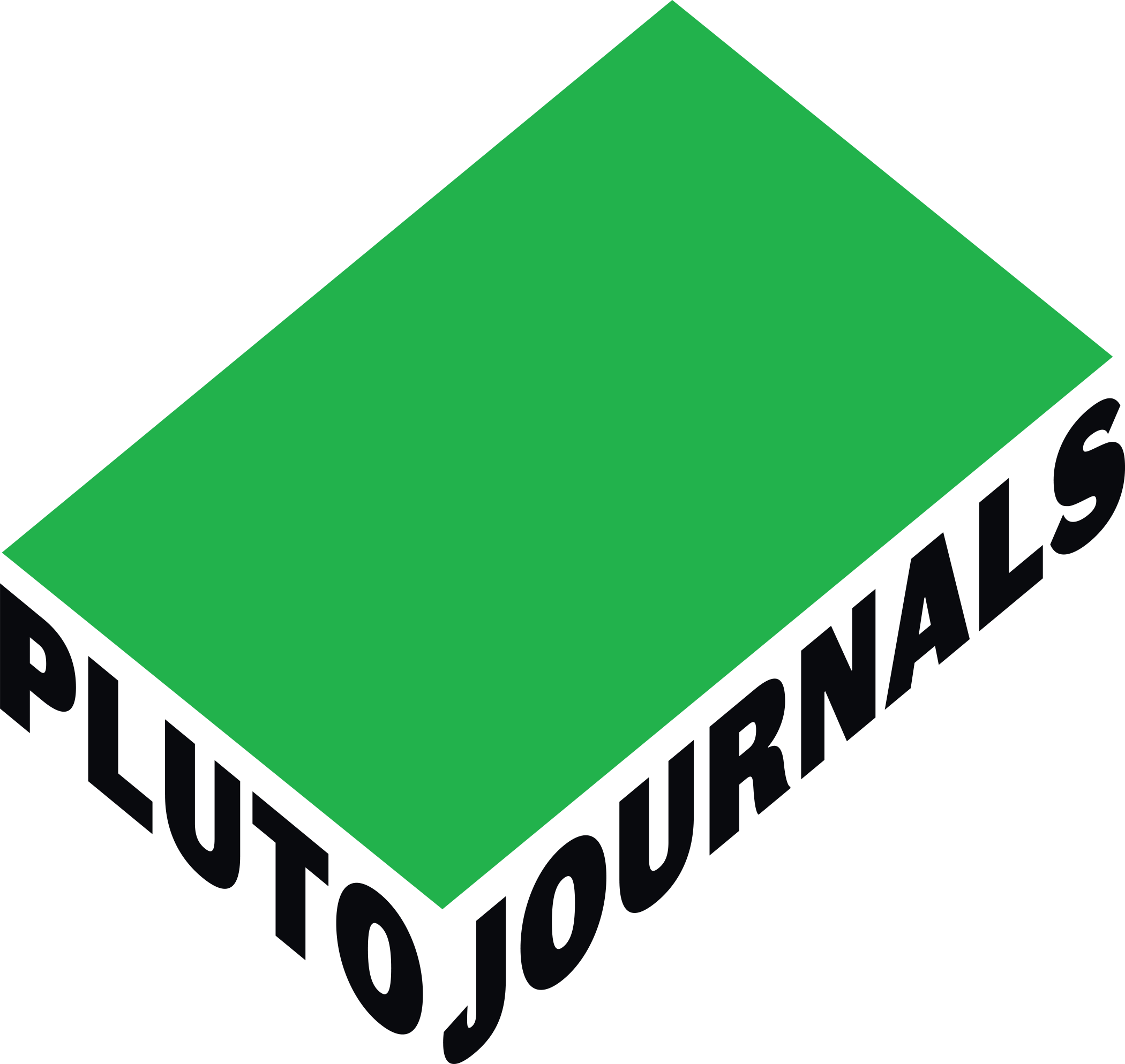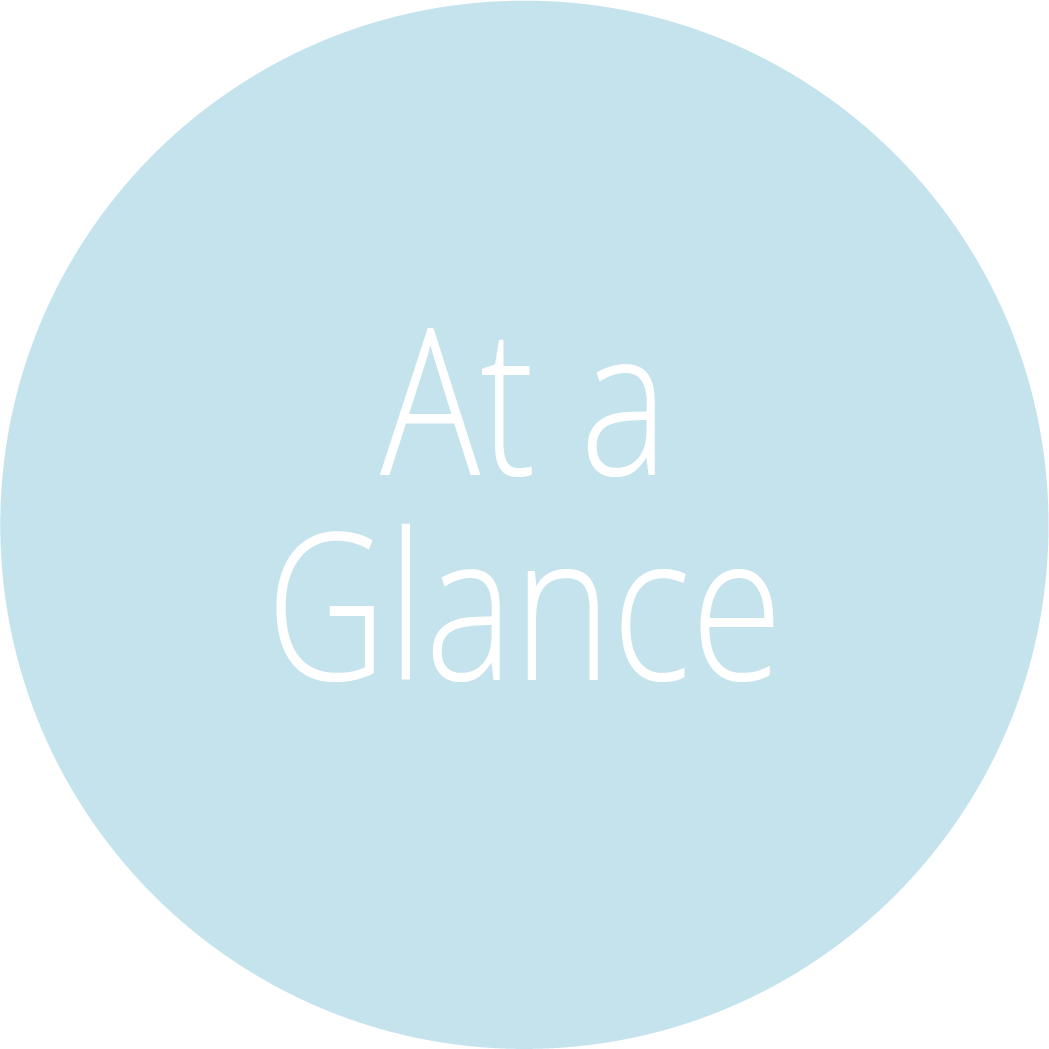Politics
Pluto Open Journals 2025- 2027
Pluto Open Journals 2025- 2027

-
-
Ground-breaking Subscribe-to-Open (S2O) pilot project developed in partnership with Libraria.
-
S2O seeks to take what is working well in the current system and applies it to achieving a sustainable and potentially universal model for Open Access journals.
-
Libraries contribute to the ongoing success of the initiative by upgrading to the full collection of 20 journals, including, among others, Decolonial Horizons, International Journal of Disability and Social Justice and Journal of Fair Trade.
-
| Politics and International Studies | Pluto Open Journals 2025-2027 |
| Content Definition | 21 Journals |
| Pledging Term in Years | 3 |
| Price per Year | 6.821 $ // 6.212 € // 5.497 £ |
| Necessary Supporters | S2O |
| Guaranteed Access | ✓ |
| MARC Records | ✕ |
| Hosting | ✓ |
| Usage Data | ✓ |



